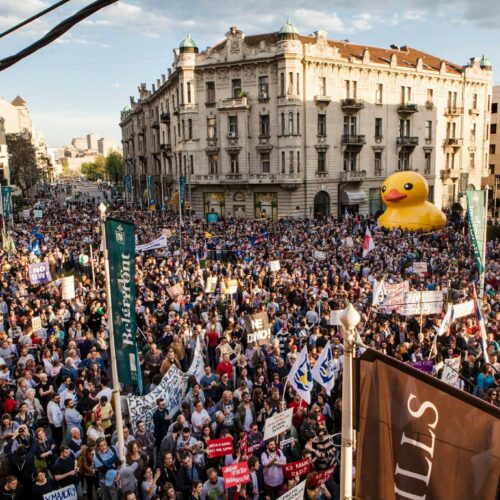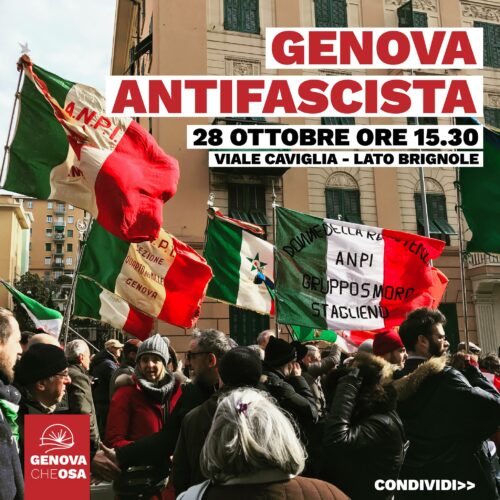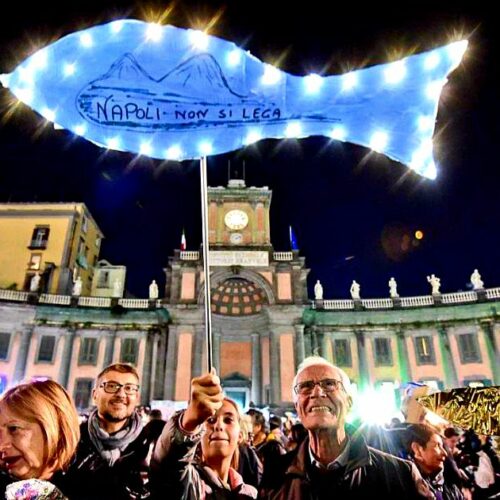Fantapolitica is a youth organisation whose goal is to accompany, facilitate and educate a network of young leftist local councillors and candidates so that they become the bearers of innovative methods and radical change in their communities, in their lists, and finally in the institutions, once elected.
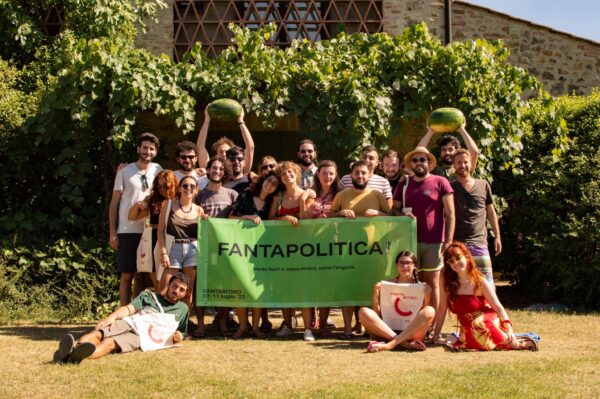
The team counts 16 members (11 F, 4 M, 1 NB, aged 18-30) and all sharing the same leftist political values. They all work on a voluntary basis and remotely. The members are active in one of the so called “circles”, Fantapolitica’s in autonomous and self-organised team units. Collectively they make a concentric circle (plenary) which meets on a monthly basis.
Fantapolitica’s community also includes the so-called “Fantacandidates”: a group of young people under 30 who decided to run for local councils. During its almost 2-years of life, Fantapolitica supported 41 young leftist candidates, most of whom had an activist background: coming from transnational movements like FFF, or local movements or youth/student associations practising mutual aid, help in poverty alleviation or ensure human rights protection, i.e.: UDS, UDU, Libera, Un ponte per, Casa del Popolo, Scomodo, etc.
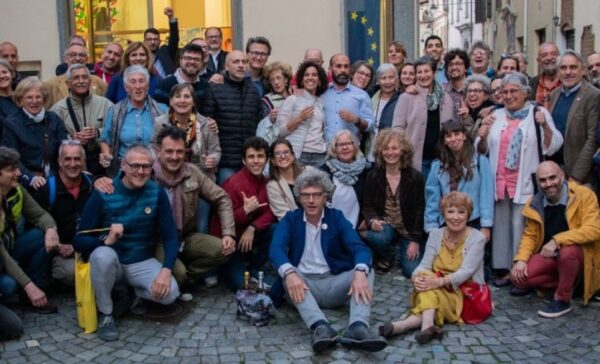
Despite Fantapolitica’s efforts to represent and include various minorities, both the Fantateam and the group of Fantacandidates lack in diversity. The Fantateam includes queer people and people who have a disability, however they represent just a small part. This underrepresentation is also present in who applies to join the team. BIPOC have never been represented in the team. At the moment of writing, among 41 Fantacandidates supported, only two were people of colour, four queer people, 1 neurodivergent. On the one hand, this under-representation reflects the Italian cultural and national scenario, which is the structural dimension that Fantapolica aims at influencing and modifying. On the other hand, Fantapolitica’s community is rich in terms of cognitive diversity as it includes people who live in varied contexts (geographic locations, study/work paths) and who come from various activism/politics/volunteering experiences.
Fantapolitica scouts young progressive people active in their community who are willing to participate in institutional politics in their towns or regions. Fantapolitica empowers them through trainings, support and the facilitation of a national network with radical political groups, to finally get them elected in local or regional councils.
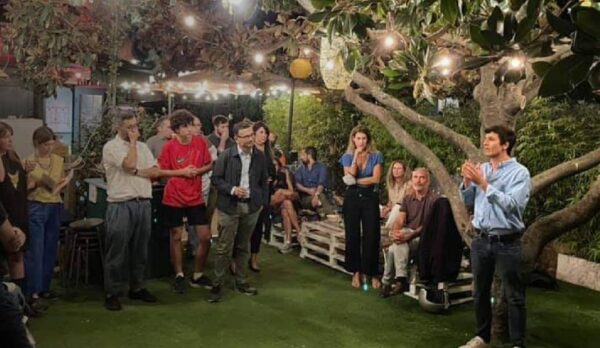
Through their individual empowerment, Fantapolitica’s goal is to impact and foster change in their local and political community. The aim is on the one hand to restore mutual trust between young people and democratic institutions, on the other to connect and translate nonconventional forms of politics -in which young people and marginalised communities are more often involved- into institutional politics.
They also believe that the absence of policies dealing with precarity, social injustice and climate change is the result of the underrepresentation among candidates (and subsequently elected officials), of non-male people, people with working-class and/or migration background or people belonging to gender, sexual, ethnic, linguistic and/or religious minorities, people living with disabilities and/or neurodivergence. For this reason Fantapolitica gives priority to candidates who belong to marginalised communities and builds dialogues with organisations and social movements in which they participate.
Fantapolitica has an ecosocialist soul. Therefore, it works closely with the diverse and variegated constellation of grassroots political actors working towards a socially just world where climate neutrality is ensured. Fantapolitica is well-known within environmental/climate movements (Fridays for Future, Extinction Rebellion, Ultima Generazione), among the broader bubble of stakeholders working to ensure action against climate change (from associations like Legambiente and Ci Sarà Un Bel Clima, to climate think tanks like ECCO or Forum Diseguaglianze e Diversità). Finally, these realities look at Fantapolitica as a safe space where their noninstitutional and institutional commitment is equally valorized, through the recognition of their role of changemakers and bridge-builder between different political worlds. Fantapolitica has also gained a good reputation linked to its expertise in the use of non-formal education methods and internal organisation structure that can be replicated in other contexts.
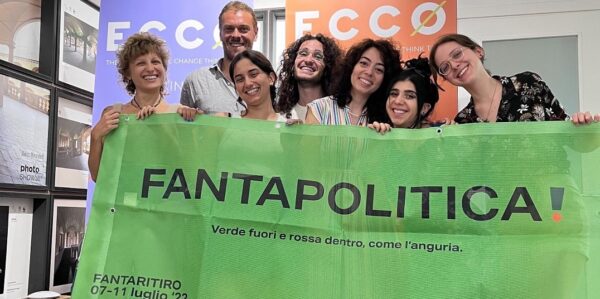
Fantapolitica stands in solidarity with all grassroots social movements working for climate and social justice, gender equality, anti-poverty, anti-racism, anti-capitalism, LGBTQAI+ rights, and those who help in welcoming migrants and refugees. We support human rights defenders at local, national, european and international level.
Some team members are themselves activists in grassroots movements or volunteers in NGOs who work for a just, feminist and borderless world. Some Fantacandidates are or have been at the centre of such fights in their local cities, for example Vittoria Briccarello who organised the first ever Pride in her city, or Veronica Atitsogbe who is the founder of an association in Verona uniting all citizens with African descent.


